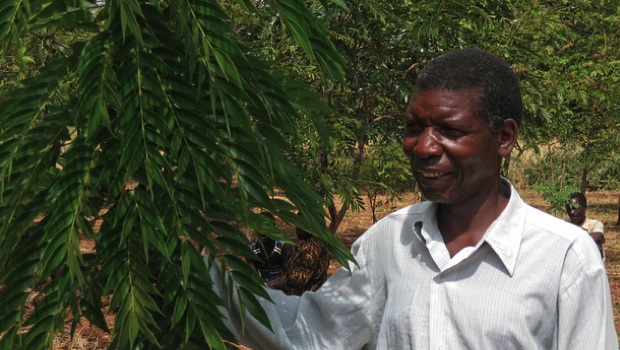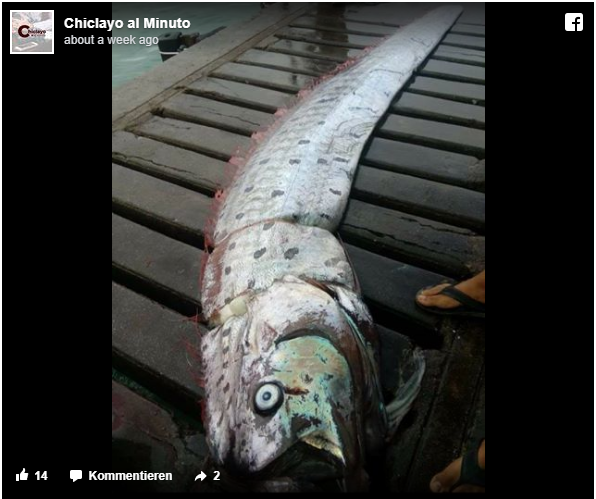When it comes to climate change, individuals have traditionally been in a frustrating position. Our daily activities cause fossil fuels to burn; yet these activities are necessary to function in a modern society. It’s not practical to turn off the heat in the winter, to not use electricity, or to always walk or bike everywhere.
While many of us are taking steps to advocate for cleaner energy sources and to drive down our personal contribution to climate change, each of us will have an unavoidable carbon footprint for the foreseeable future.
Offsetting carbon is a practical and immediate way to address our unavoidable carbon footprint. Carbon offsetting is a transaction through which one entity compensates another for removing carbon dioxide emissions. The carbon offsets are then measured in verified, registered, and track-able units of one metric ton (also referred to as a tonne), which is 2,205 pounds of carbon dioxide (CO2).
When individuals buy carbon offsets, they’re not paying to eliminate climate change. Rather, they’re empowering themselves by taking ownership of their personal and unavoidable contribution to the problem.
While carbon offsets are not a new concept, programs allowing individuals to offset their carbon footprints through projects like the Clinton Development Initiative (CDI) Trees of Hope are, in fact, new. We are now able to profoundly expand the notion of climate change by empowering some of the poorest regions in the world. By providing them with tools and resources to manage farms, they can increase their own incomes, which helps provide their families with basic necessities and creates profitable, sustaining business for the community. The Trees of Hope project began in 2007 to make tree farming profitable for farmers, by providing them with income to plant and manage trees. When carbon credits from Trees of Hope are sold on the international marketplace, buyers are not only counteracting their CO2 emissions but also contributing to 10-year income streams for participating farmers.
Trees of Hope farmers live in an area where income levels are less than $330 annually. Farmers like Sekanakoni Banda, whose tree plantings will sequester and store a projected 800 tonnes of CO2, have the potential to earn over $1,800 in their first three years of participation gaining a life-changing increase in income. The average annual carbon footprint of an American is 18 metric tonnes (equivalent to 20 standard tons), meaning Sekanakoni’s plantings will counteract the annual emissions of about 44 U.S. residents. Carbon Offsets To Alleviate Poverty (COTAP) was created to make it easier for those 44 people to find and fund projects which ensure that farmers like Sekanakoni get a good deal for the carbon sequestration services which their plantings provide.
Sekanakoni Banda and many Malawian farmers like him are planting trees, which store CO2, and mitigate humankind’s contribution to climate change. Through COTAP’s partnership with CDI, you can now not only empower yourself by taking ownership of your carbon emissions, but you can also change the lives of Malawian farmers like Sekanakoni in the process.




